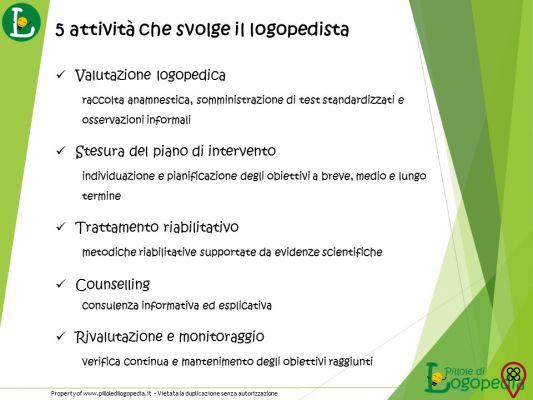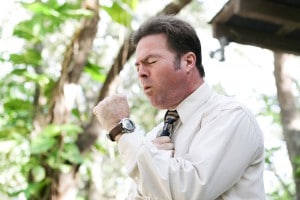Specialists in the field are frightened by the number of infected people and, especially, by the large-scale return of the pathology. According to the World Health Organization (WHO), approximately one million new cases of STDs appear every day. Of this percentage, 131 million are cases of chlamydia, 78 million of gonorrhea and almost 6 million are cases of syphilis, not counting HIV, HPV, hepatitis, herpes, among others.
Syphilis is transmitted by the bacterium Treponema Pallidum, also popularly known as hard chancre. The problem is that it does not infect only through sexual intercourse. Other ways of contamination are blood transfusion and contact with infected blood. It can take years for a person to realize that they have the disease and its signs can vary from organism to organism, at different stages.
Some of the most common symptoms are:
At first, sores appear in the infected region. And it is worth remembering that it affects not only the genitals, but also other parts of the body, including internal ones, such as the cervix and rectum. After a period that varies between three and four months, they disappear and, even without treatment, the bacteria remains in the body, without activity.
In the second phase, which usually takes place eight weeks after the appearance of the sores, some familiar symptoms appear, confusing the individual. Among them are colds, muscle aches, fevers, red spots on the skin, sore throat and sore throats. It is necessary to be very careful when identifying the cause of such symptoms, which affect 33% of those who did not take care of themselves in the first stage.
As previously reported, the disease can be "asleep" for many years in the body and, when it manifests, the patient may already be in the third stage of it. At this time, the heart, liver, brain, nerves, bones, blood vessels and joints are at risk, which can cause blindness, dementia, paralysis and nervous problems.

Prevention
To avoid contagion, it is necessary to use condoms during sexual intercourse. Condoms are still the safest means when it comes to STDs.
Treatment
The medication consists of the application of penicillin, in doses that depend on the stage of the disease. The use of antibiotics fights the development of syphilis, being a very effective method against Treponema Pallidum, which is the cause of the infection. It is necessary to maintain regular visits to the doctor to check the effects of the treatment and to carry out tests until two years after the diagnosis, to be sure that the bacteria has been eliminated.
Myths and truths
Is there a possibility of contamination by oral sex?
Yup. If there are sores in the mouth region, as well as on the lips, pharynx, tongue and palate, for example, unprotected oral sex can cause transmission.
Can syphilis kill?
Yup. More serious cases, especially those that are discovered late, can lead to death.
Can breast milk contaminate the baby?
Not. However, there is vertical transmission, that is, from the pregnant woman to the fetus.
Do I go untreated if I am allergic to penicillin?
Not. If there are reports of allergic reactions to the antibiotic, therapeutic measures involving other drugs may be applied.
Is someone with syphilis more likely to get HIV?
Yup. According to infectious disease specialist Ricardo Vasconcelos, from Hospital Emílio Ribas and Hospital das Clínicas at USP, any type of sexually transmitted disease increases the risk of HIV contamination.
Written by Juliana Alves from the Eu Sem Fronteiras Team.

























